Nine faculty received the 2015 George R. Brown Award for Superior Teaching, which honors top Rice professors as determined by the votes of alumni who graduated within the past two, three and five years. Below are the recipients and their comments about the most important lesson they hope their students will remember five years after graduation.
Sibani Lisa Biswal, associate professor of chemical and biomolecular engineering and of materials science and nanoengineering
“I hope my students remember that they should not be intimidated by challenging problems. Even the most difficult problems can be broken down into a simple balance of inputs and outputs.”
Alexander Byrd ’90, associate professor of history
“I hope that I’ve given them some good practice on really listening to other people. I hope that I’ve played some part in teaching them that writing is hard and satisfying work. I hope that there is at least one book from my courses that they will keep, recommend and even consider reading again. I hope that I will have approximated what some of my best teachers absolutely did for me when I was a student here — by guiding them to some good places they may not have gone otherwise and helping them to see that the university, especially this university, is a pretty special place.”
Luis Duno-Gottberg, associate professor of Spanish and Portuguese
“First of all, I understand learning as the collective production of knowledge and experiences. For me, the professor facilitates learning through dialog with students, but also with others that exist beyond the university and contribute greatly to the conversation. Related to this idea is the conviction that learning doesn’t take place exclusively in the classroom, but also in the larger community. From these principles I derive the ideal outcomes of my teaching. I would like my students to develop critical tools to understand and interrogate the world around them. I especially want them to see the framework that structures their own thinking. With this in mind, my classes are often designed to promote the ‘denaturalization’ of thought. I often quote a famous scene from ‘The Matrix’ to exemplify this point — the decision to unplug and to make self-evident the ideology that informs our perceptions and values. Needless to say, this pedagogical aim is also political, in that I want students to develop a sense of solidarity toward and respect for others.”
Robert Griffin, professor of civil and environmental engineering
“I’m going to assume that I can’t cheat and have two. It’s actually not anything related to science/engineering. What I hope that they remember is that their professors do not stop being there for them after they graduate. I love hearing from students well after they have left Rice — and enjoy talking about career, family, research, etc., etc. The longer-term relationships are among the most rewarding parts of the job! Always remember that the fundamentals always apply — so even the most complex of problems is usually solvable by going back to the basics.”
Michael Gustin, professor of biochemistry and cell biology
“I trust my former students will continue to find joy and relevance in biology. It is a privilege to teach Introductory Biology to students because it is a science in which major new advances are happening daily. In the middle of every class, we discuss something new that was discovered — from the social structure of killer whale families to the lateral habenula, a brain region that governs the unconscious state, to giant Pandora viruses, and to bacteria that walk upright. I also hope that Rice alumni remain enthusiastic about peer-to-peer education, sharing in-depth questions and information with each other about their world, forming social communities that learn together, communities similar to that of the student-taught courses that started during my time at Rice.”
Matthias Henze, the Isla Carroll and Percy E. Turner Professor of Biblical Studies and professor in religion
“Degrees in the humanities are sometimes thought to have no real vocational value. I am confident that my students will find out that the opposite is true. Much of what I teach — critical thinking, ethical reasoning, effective writing and oral communication — are all essential skills that prepare our students well for life after Rice, wherever that may be.”
Rachel Kimbro, associate professor of sociology
“No matter the circumstances of their upbringing, they are now Rice graduates and that is a privilege which they can use to advantage for not only themselves, but also for their communities.”
Sandra Parsons, lecturer of psychology
“My hope is that students will remember that they have the power to improve the quality of their lives by changing how they perceive and react to other people. Because reality is socially constructed, people can change their realities by altering the way that they interpret and respond to social situations and others’ behaviors. With knowledge about why people do what they do (and how we can get them to do what we want them to do), I hope that my students recognize the ways that they can avoid conflict, come to mutual understandings and create situations that lead to successful relationships and collective endeavors. The implication of this is that we can learn to like each other more, reduce hurt feelings and increase our ability to effect positive change in our communities. I hope that they still find these ideas useful and exciting five years (and beyond!) graduation.”
Sarah Whiting, dean of the Rice School of Architecture and the William Ward Watkin Professor of Architecture
“In order to engage a broader cultural conversation – the world at large – every student has to develop his or her individual voice while simultaneously learning how to add one’s voice to whatever collective conversations one finds relevant. I want to impress upon our students how critical it is for all our futures that they continue to hone their voices and to engage the world.”
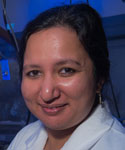
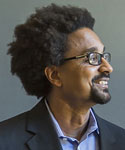

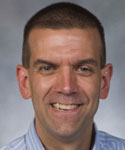
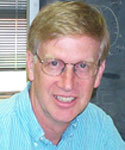
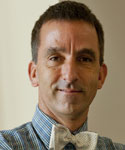
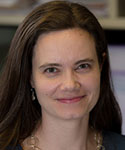
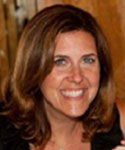



Leave a Reply